CBS leads the way towards a greener shipping industry
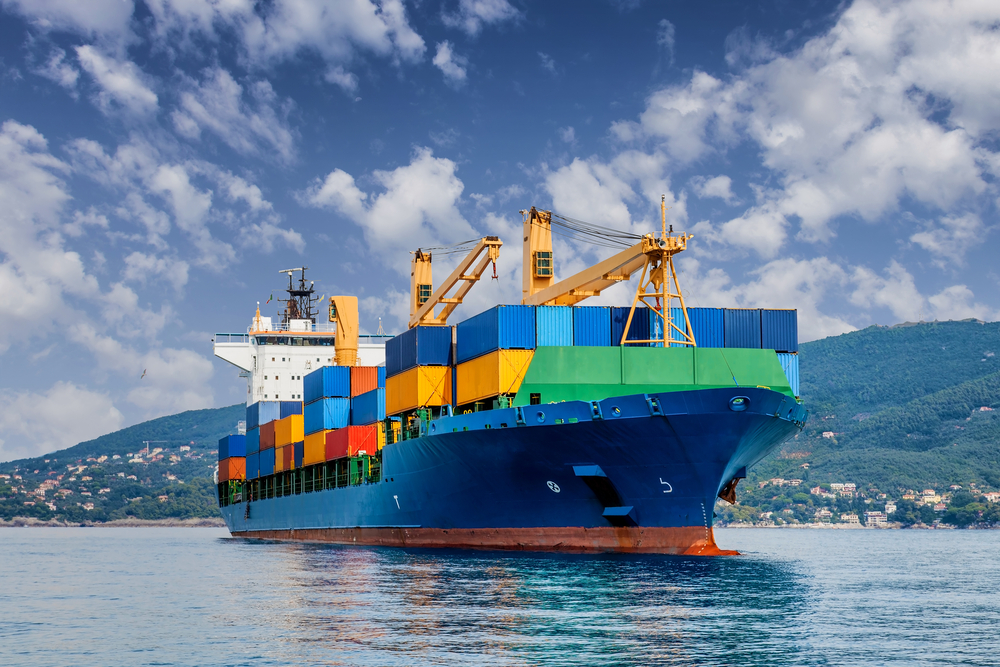
CBS Maritime is leading a global collaboration of universities and companies in an effort to make the shipping industry greener. By 2050, The industry is predicted to contribute around 17 percent towards the total worldwide CO2-emissions. The co-director of the project, Henrik Sornn-Friese, Associated Professor at CBS, proclaims ‘uncertainty’ as the biggest challenge that the industry is facing in getting a green makeover.
On the mainland, we have all sorts of possibilities to live in a more eco-friendly manner. Windmills and solar panels have become a source for power and warmth. Recycling reduces the need for procuring new resources. And the magical soybean has made it possible to replace meat on your plate.
However, when looking to the seas, it’s a different story.
At the moment, the international shipping industry is responsible for about three percent of total CO2-emissions worldwide. According to the European Parliament, that number will increase to 17 percent by 2050.
This is partly why CBS Maritime, one of the Business in Society Platforms at CBS, together with the Sauder School of Business at the University of British Columbia in Vancouver, are leading a global collaboration involving 19 universities and 16 industry partners.
The ultimate aim of the project is to make the entire maritime supply chain eco-friendly. The project will explore themes relating to innovation and governance in and around ports, trading and logistics, value chains, business models, and the shipping industry’s stakeholders.
“In the future, we are going to have more shipping– not less. The development of societies can’t be stopped, so the challenges are not going to diminish. It’s the same with renewable energy. Experts expected that with the introduction of green technologies and renewable energy we would be using less fossil energy, but we just use more of both,” says Henrik Sornn-Friese, Associate Professor at the Department of Innovation and Organizational Economics, Co-chair on the project, and Director of CBS Maritime.
He then explains that the companies and universities are covering three continents for the project.
“Shipping is global, so the project must also be global in order to solve the issues relating to the climate and environment,” he says when describing the six-year project, which has been granted more than DKK 12,2 million from the Canadian Social Sciences and Humanities Research Council and involves partners from East Asia, Northwestern Europe and North America.
CBS Maritime brings companies and researchers together
What began as a partnership and an informal exchange of research interests and ideas between researchers from Vancouver and CBS in 2013, has now, with the funds from the grant, expanded to involve several companies and universities – something Henrik Sornn-Friese describes as a “guided coincidence.”
However, in order to create the awareness needed for environmental issues, you need expertise. And a lot of it.
“Within shipping you have a lot of national interests. In Northwestern Europe, we care about free trade and fair competition, whereas in Africa, parts of Asia, South America, the U.S., and even parts of Southern Europe they are traditionally more protectionist. And to understand that diversity, you need to have participation from several universities. Because, to a certain extent, the research being conducted is oriented towards specific areas that are relevant to particular local issues. We bring those niches together in order to deal with the climate and environmental issues,” he says.
In the future, we are going to have more shipping– not less.
Henrik Sornn-Friese
The companies and other stakeholders who are taking part in the project are just as valuable as the researchers, explains Henrik Sornn-Friese. For instance, IHS Markit, one of the leading consultancies within global shipping and trade, and BSR, an international non-profit organization promoting social responsibility in business, have given researchers access to their data.
“Gaining access to such data is highly important for the researchers, as it’s usually neither easy nor cheap to obtain that kind of data,” he says.
Even though it may seem a little chaotic to coordinate the work of 19 universities and 16 companies in this project, it serves a good purpose.
“I think this project is highly relevant, as it forces us to work across borders and most of all, it creates awareness. The shipping companies can no longer fly under the radar. They have to play with open cards and address the issues. And we can help with that,” he says.
Uncertainty is the biggest challenge
Henrik Sornn-Friese won’t describe a single, definite end-goal for the project.
However, as a concrete outcome for the project, he says that what they want or the aim, on an overall basis, is to decrease the widespread uncertainty on different areas.
Uncertainty in relation to regulations and laws is, according to him, one of the biggest challenges within shipping, as it slows down the development towards a more eco-friendly shipping. He gives an example of ballast water.
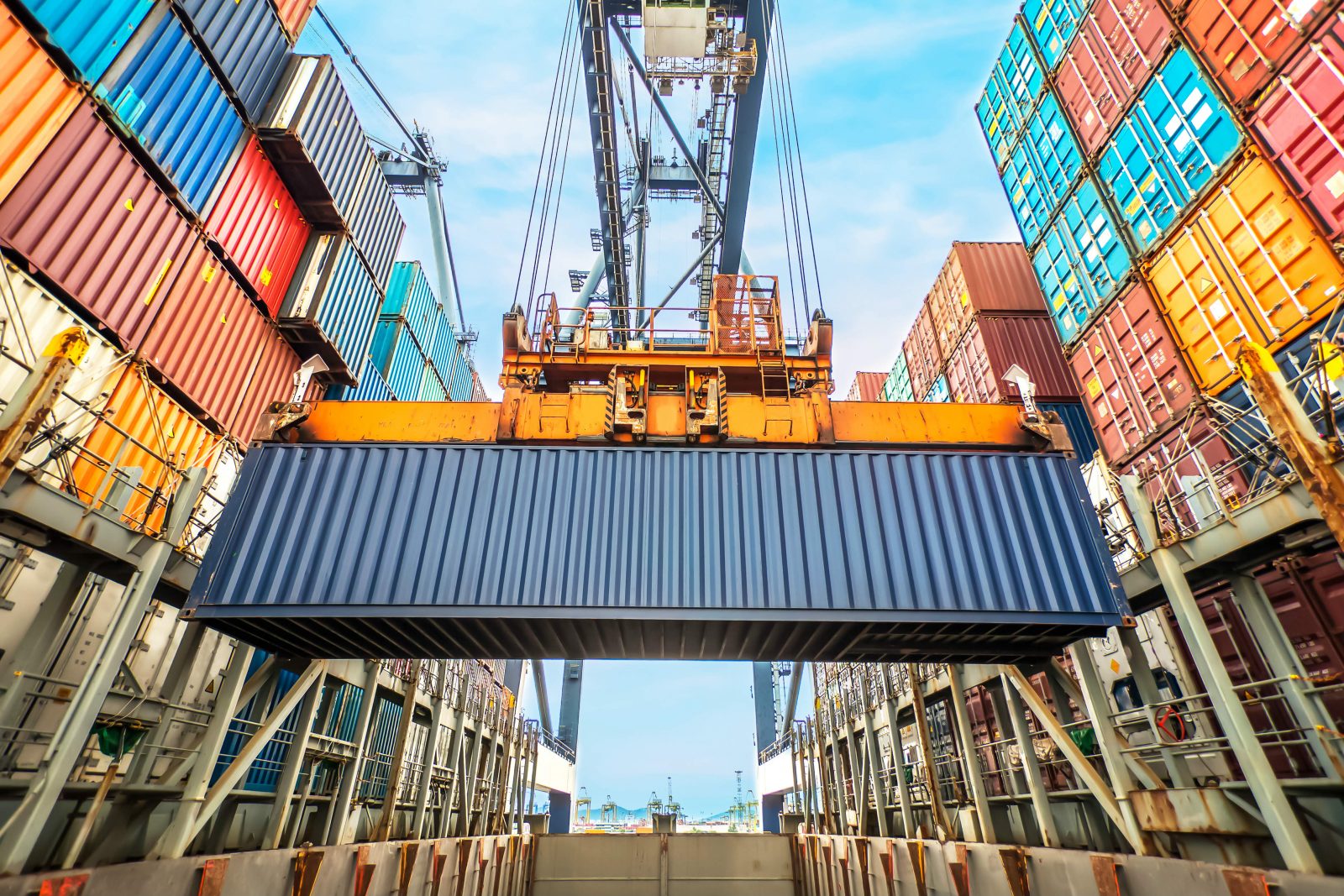
When a ship crosses oceans and seas, and enters a port, it carries a lot of ballast water. This water has been pumped into the hull of the ship and can originate from anywhere in the world. It contains species which can be introduced to parts of the world where they don’t belong and then become an invasive species.
Ship-owners, ports, and nation-states need effective ballast water treatment systems in order to neutralize the invasive species. But the concrete functioning of such technology has been a heavily discussed issue.
“In the EU, we opt for a technology which doesn’t necessarily kill the invasive species, but instead makes them incapable of reproducing. In the US, the aim has been to create a stricter treatment system that kills all species in the ballast water. However, the kind of technology needed to kill off the species in the ballast water is much more expensive than the one that just sterilizes the organisms,” says Henrik Sornn-Friese and continues:
“Specialized suppliers of marine equipment try to develop these kinds of technologies, but they can’t sell them to the shipping companies, as there is a great and prolonged regulatory uncertainty. Because of this, the shipping industry is in a situation of status quo, and tech companies eventually go bankrupt. When it can take 15 – 20 years to come to agreement on global regulations, the question of effective governance then becomes essential.”
The shipping companies can no longer fly under the radar. They have to play with open cards and address the issues
Henrik Sornn-Friese
It is because of such a complex, international context that the researchers wish to investigate what is needed in order to make the maritime supply chain more sustainable.
Among other topics, Henrik Sornn-Friese has joined the project with the desire to investigate the circumstances under which being a first-mover is a good investment for a shipowner and when it makes strategic sense, and how being an eco-frontrunner inspires other shipping companies to fall in line.
Denmark is a frontrunner
Talking about being frontrunners, Maersk Line is, according to Henrik Sornn-Friese, investing some of the eco-friendliest ships in the world. And even though Denmark is a small nation, we are shipping about 25 percent of China’s export. In fact, today, Denmark is the 6th largest shipping operations country in the world, following very close behind a giant nation such as the USA. And then there’s the maritime research being done at CBS.

“At CBS we have created a leading academic environment focusing on what I would call ‘maritime management research and education.’ We teach courses revolving around shipping on all levels of university degrees ranging from the bachelor to PhD level. Now, also being part of the UBC-CBS managed partnership, places CBS in the forefront in relation to solving the challenges regarding sustainable shipping,” says Henrik Sornn-Friese.



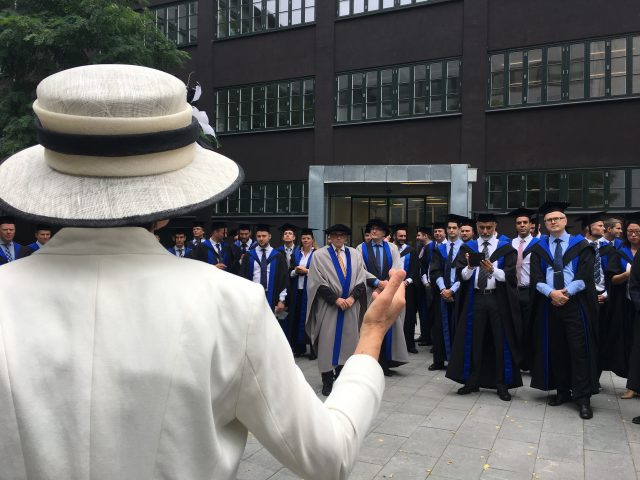
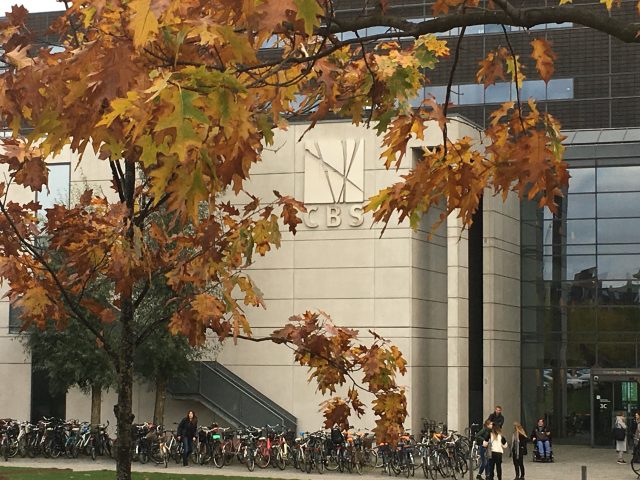
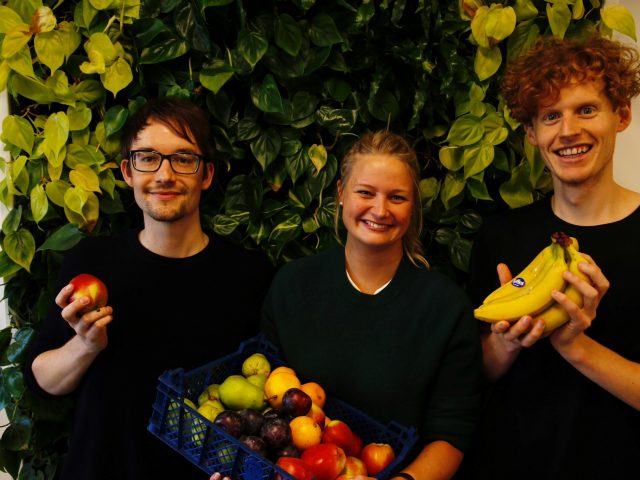
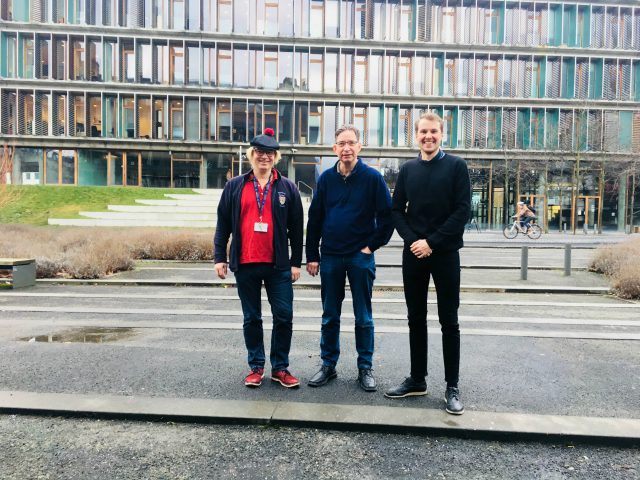
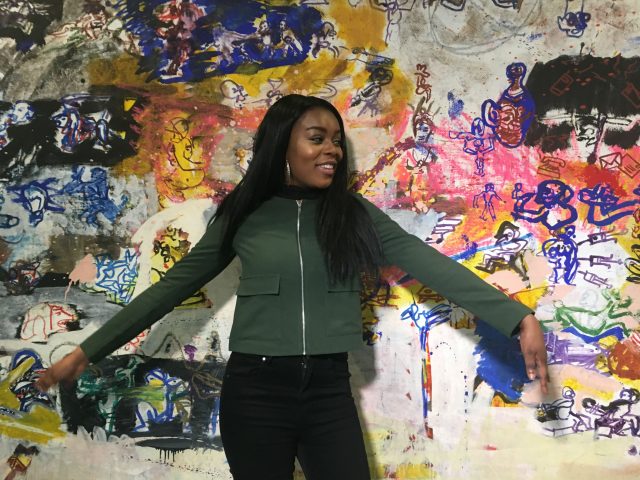




























































































































Comments